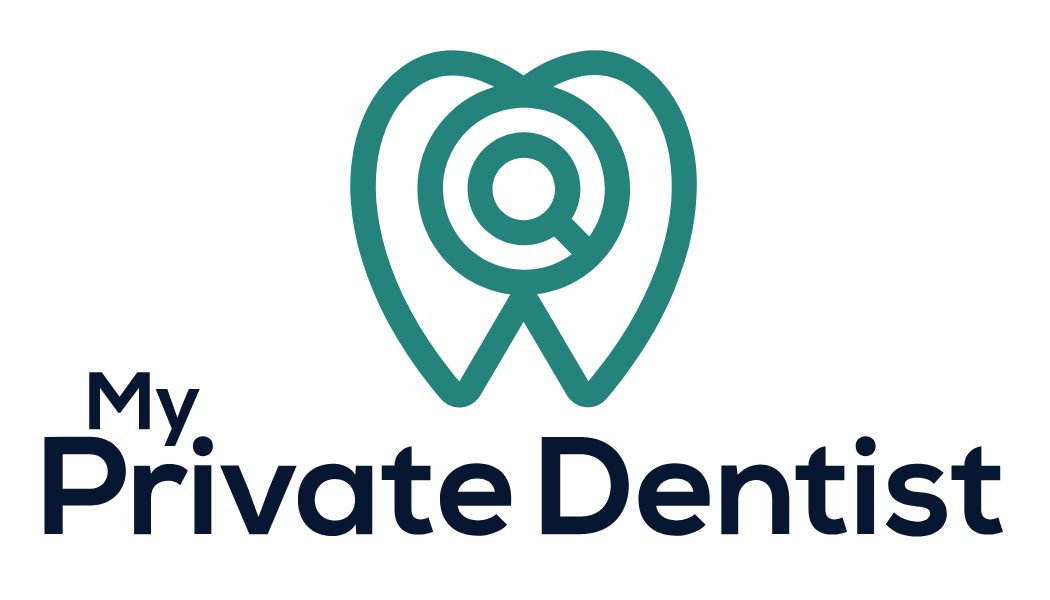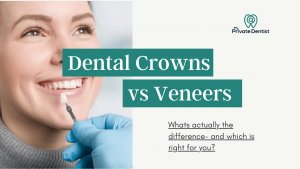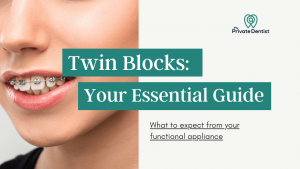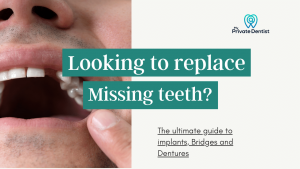There’s nothing more unbearable than a throbbing tooth pain.
I’ve heard this many times from my patients, and helped countless people out of pain. In most cases professional dental treatment is necessary. However, there are a few cases where home remedies can offer relief.
With this article, I aim to help you find the cause of your painful symptoms, and how best to treat it effectively.
What is a throbbing tooth?
Toothache can take on various forms, ranging from a dull ache to a sharp pain upon biting. Among these, a throbbing tooth stands out as an unpleasant sensation, where the inside of the tooth pulsates like a heartbeat. This discomfort can linger for hours on end or come and go intermittently.
What are the causes of a throbbing tooth?
There are 11 main reasons that you are experiencing throbbing tooth pain. Find out what these are, and how best to treat it.
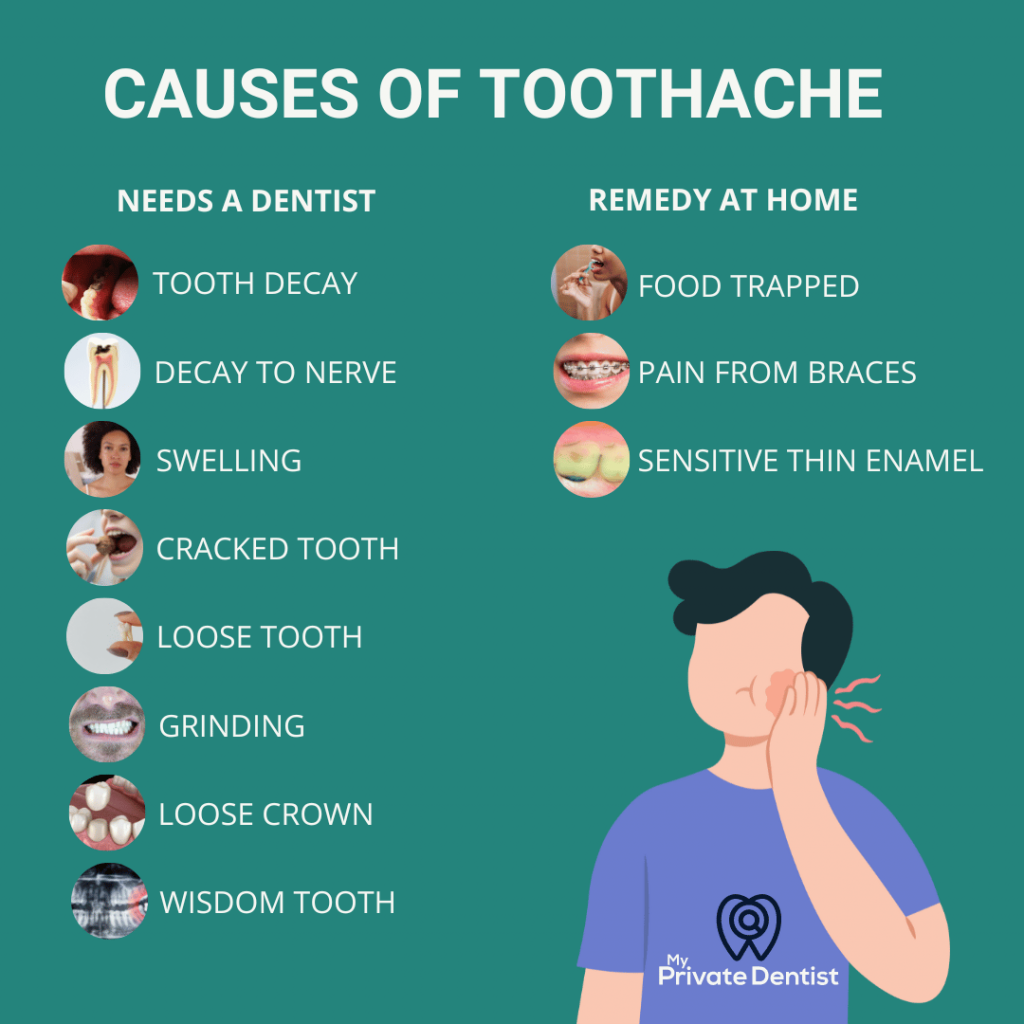
1. Tooth Decay
Poor brushing habits and eating lots of sugar can lead to cavities. Tooth decay is when the outer layers of enamel and dentine become soft and eventually break down. This exposes the underlying nerve, making it more sensitive to changes in temperature e.g cold drinks.
Treatment – Your dentist can remove the decay and place a filling to protect the nerve and prevent further damage. It’s important to schedule your appointment as possible to prevent the decay from spreading.
2. Deep decay extending to the nerve
Also known as pulpitis, this is the most common cause of a throbbing tooth. Deep decay can cause inflammation and infection of the pulp, resulting in severe pain. If your tooth is particularly sensitive to hot drinks, it is likely that the decay is close to the nerve.
Treatment – Painkillers may not be effective, and you should see your dentist as soon as possible. A root canal procedure is often necessary, which involves removing the decay and infected pulp to prevent further damage to the tooth. (Read more about Root Canal Treatments)
3. Swelling/abscess developed from a broken tooth
When a tooth has a large hole, bacteria can enter and cause an infection around the roots of the tooth, resulting in an abscess. If left untreated, this can lead to facial swelling and a throbbing toothache.
Treatment – Prompt treatment is crucial. A dentist can extract or root canal treat the tooth, drain the infection, or prescribe antibiotics as needed.
IMPORTANT NOTE: If there is a significant swelling that affects your breathing or speech, seek immediate medical attention at an emergency department. Blocked airways can be life-threatening.
4. Cracked tooth
A cracked tooth, is one with a vertical fracture line extending to the root. Often caused by biting hard objects, or grinding, a cracked tooth can cause a throbbing pain in response to hot and cold stimuli.
Treatment: Early diagnosis is important. Some cracks can be restored, with fillings or crowns. In an emergency appointment the dentist may place a temporary filling. (Read more about Temporary FIllings here) If the crack extends below the gum line, tooth may be unrestorable and need extraction.
5. Infected gum around a wobbly tooth
Untreated gum disease around wobbly teeth can lead to infections. Symptoms include a throbbing tooth, sore, red gums, and a foul taste or smell.
Treatment: Your dentist will carry out a deep clean to flush out bacteria from inside the gum around the tooth. Local anaesthetic can make the procedure more comfortable. Loose teeth with poor long term prognosis may extracted to help aid cleaning and prevent further infection.
6. Grinding your teeth
If you suffer from bruxism, or teeth grinding, you may experience discomfort in one particular tooth if it is bearing the majority of the force. This constant trauma can lead to the sensitive or throbbing tooth.
Treatment: Depending on the severity of your symptoms, your dentist may suggest smoothing down the affected tooth slightly or by making a custom-made biteguard for you to wear. A biteguard can help protect your teeth from the excessive forces of grinding.
7. Loose crown
If your dental crown is loose, it can allow bacteria to enter your tooth and cause decay or infection. This can also lead to a painful throbbing sensation if the tooth nerve is exposed.
Treatment: To fix this problem, you should see a dentist as soon as possible. They can remove the loose crown and check the tooth. In most cases, it may be as simple as reattaching the crown. However, if the tooth is seriously damaged, more extensive treatment may be needed.
8. Erupting wisdom tooth
Wisdom teeth usually erupt between the ages of 18 and 25 . As the teeth emerge, gums can become inflamed cause a throbbing pain around the back teeth: known as pericoronitis. (Read more about wisdom tooth pain)
Treatment: Keep the area clean and free of bacteria. Use an electric toothbrush and rinse with salt water to reduce swelling and prevent infection. Over-the-counter pain relief medication can help. Typically, the pain should subside within a few days. If you have recurrent pain and infection, your dentist may recommend extraction of the wisdom teeth to prevent future complications.
9. Food trapping
Certain foods, such as meat, can become stuck between teeth and irritate your gum causing them to throb.
Treatment: Use a combination of dental floss and interdental brushes to dislodge any food trapping between your teeth. (How to floss) You should floss daily to keep gums healthy.
10. Braces
Tooth movement from braces can cause throbbing tooth pain. This is more common when braces are first put on or a wire is changed.
Treatment: The pain should subside on its own within a couple of days. Painkillers may help.
11. Thin or worn enamel
If you frequently have acidic drinks, the enamel on your teeth may wear thin, resulting in tooth sensitivity and a throbbing pain. Brushing your teeth may intensify pain, which is a clear sign of this issue.
Treatment: Avoid drinking fizzy drinks or use a straw to minimise the contact of the drink with your teeth. Using an electric toothbrush with a pressure sensor can prevent overbrushing, which can further damage the enamel. A sensitive toothpaste can provide protection to underlying dentine. In severe cases, your dentist may apply fluoride varnish or place a bonded filling to protect the exposed dentine and reduce sensitivity.
What should I avoid if I have a throbbing tooth?
There are certain things which will cause a throbbing tooth to become worse:
- Avoid extremes in temperature when eating and drinking i.e. hot tea, or an iced drink. These will aggravate the nerve further.
- Sweets and sugary snacks
- Smoking
What can I do at home to help with a throbbing tooth?
- Avoid hot/cold and sweet foods to avoid making the problem worse.
- Take painkillers such as paracetamol and ibuprofen [1] (unless you have a health condition which stops you from taking these)
- Rinsing with lukewarm salt water may help to soothe the pain
- When eating stick to soft food and chew on the other side
Should I see a dentist?
A constant throbbing tooth is a sign that something is wrong. Often this will not get better without treatment from a dentist.
It’s best to see a dentist if you have throbbing tooth pain and:
- It has lasted more than 24 hours
- Painkillers are not effective
- You are having difficulty sleeping
- There is pain on biting
- You have swollen red gums
- You have a raised temperature
- You have a bad taste in your mouth
- You have a facial swelling
If you’re suffering from any of the above, find a dentist to help you today.
